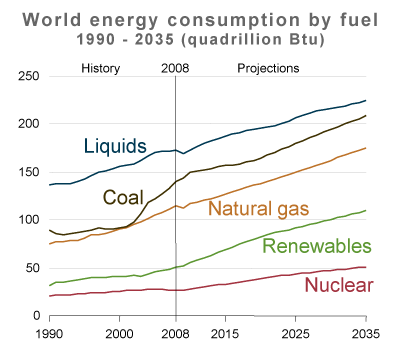
Japan has elevated its foreign direct investment target to ¥120 trillion by 2030, a 20% increase from its previous goal, as part of a broader strategy to invigorate its economy and attract overseas capital. The government also aims to further boost this figure to ¥150 trillion by the mid-2030s, nearly tripling the current FDI level of approximately ¥50 trillion.
This strategic shift underscores Japan’s commitment to revitalising its economy by drawing foreign firms into key growth sectors such as decarbonisation. The revised targets are expected to be formally included in the government’s upcoming fiscal and economic policy guidelines set for release in June.
The initiative is not solely focused on national economic growth but also aims to stimulate regional economies and create employment opportunities beyond major urban centres. To support this, the government is considering new grants and enhanced public-private collaboration frameworks to facilitate the establishment of foreign facilities in local areas.
Japan’s Ministry of Foreign Affairs has been actively promoting FDI by establishing contact points in major embassies and consulates-general worldwide. These efforts are aimed at attracting people, goods, capital, and ideas from overseas to strengthen the growth potential of the Japanese economy and foster innovation.
The government’s strategy includes identifying challenges for foreign companies in making follow-up investments in Japan and promoting activities abroad to attract FDIs through the FDI Task Forces established in various diplomatic missions. Additionally, investment seminars are being held to disseminate information about Japan’s business environment and its attractiveness as an investment destination.




